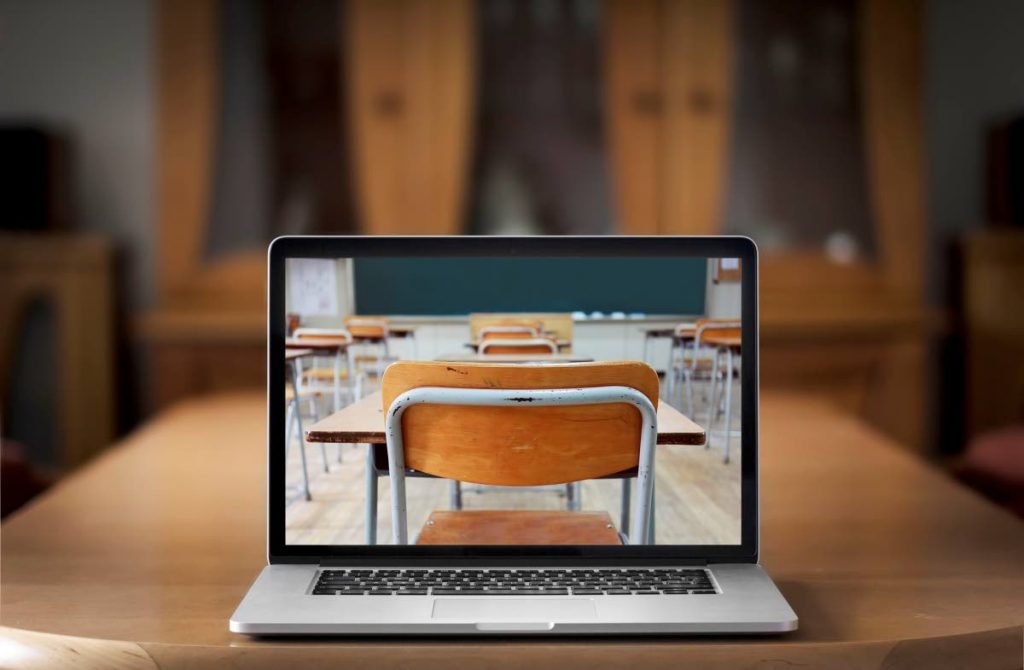Lockdown may save TT economy

kmmpub@gmail.com
Strong, immediate action against the virus will not just save lives, it will help our economy to rebound. But if the most vulnerable are not to be left behind, we must act quickly to give them access to technology, training and matching.
It sounds counter-intuitive, but swift and decisive lockdown measures to suppress covid19 may not decimate the economy. If new research is right – it could save it.
That is what a team from the US Federal Reserve system has asserted in a new piece looking at the economic consequences of the 1918 Spanish Flu pandemic.
Most of us have view our policy tools as a trade-off: we must take harsh measures and sacrifice the economy to save lives. But if the experience of the last great pandemic is anything to go by, we could bounce back faster than we expected if we stand fast with strong interventions.
According to the Fed team: “We find that cities that intervened earlier and more aggressively do not perform worse and, if anything, grow faster after the pandemic is over.”
The message is: bearing the with short term pain will help us grow after the worst is over.
The alternative is grim: a prolonged depression triggered by an unchecked virus; deaths and loss of productivity, and longer term shocks to both supply and demand as fewer people work.
Our focus is on surviving the coming months. If we can do that there is light at the end of the tunnel. The Government has already announced sweeping social support measures to tide people over during that time, and banks have indicated their willingness to defer loan payments to businesses affected by pandemic measures.
The crucial thing is to preserve the systems, skills and relationships in business – the “organisational capital” that has been built over years. Once we can obtain enough financing to keep this in place, we will be far better placed to recover.
But the poor, sick and elderly will be hit doubly hard. Many are already cut off, without access to technology or even basic literacy. Their methods of survival – working with their hands or doing basic tasks – is exactly the type of work that cannot be done remotely.
The Government’s social safety net will help them. But many are now trapped in abusive homes, with less money to survive. With schools closed, families have nowhere to send their children. Older people, already suffering from the loneliness epidemic, will now be isolated for their own safety. Many, particularly those without a family support structure, will struggle to meet basic needs.
But if we can remove barriers to access and give the most vulnerable access to technology we could transform the economy. It is not too far-fetched, and the resources required would not be vast, at least as compared to the potential rewards.
As it is, our mobile penetration rate is 150 per cent – many people have two phones. If we can design a programme that identifies the most vulnerable – people whose jobs are likely at risk of going away for good – we can match them with available opportunities and give them access to online training to bridge the skill-gaps needed to reach them. For example, we can spot less demand for retail shop workers and more demand for delivery dispatchers: helping people to step up to the new opportunity.
The same approach can be used repeatedly to solve problems that affect society’s hardest hit: use technology and phones to train people, connect them, and give them access to new platforms.
Schools for example can re-open using virtual classrooms. Even if the children learn absolutely nothing, it will still be worthwhile by effectively providing a form of daycare. To do something like this we must rally our committed teachers.
It is not just the employed and working parents: the elderly will benefit tremendously. This is wartime. We can enlist home-bound teenagers as part of a phone network that checks up on older people and teaches them how to use technology. For an able-bodied person, to use an app for food delivery is a convenience. For an older person or someone with disabilities it is life and death. This can be a two-way exchange – older people can reciprocate with structured advice and experience on different topics.
The cruel irony is that technology levels have the greatest benefits for those that neither know how to use it, nor have access to it. The Government, non-profits or the private sector can bridge this gap, quickly and relatively inexpensively. If we can do so, we will unlock the productivity and resilience we need to get to the other side of this crisis.
Kiran Mathur Mohammed is a social entrepreneur, economist and businessman. He is a former banker, and a graduate of the University of Edinburgh

Comments
"Lockdown may save TT economy"